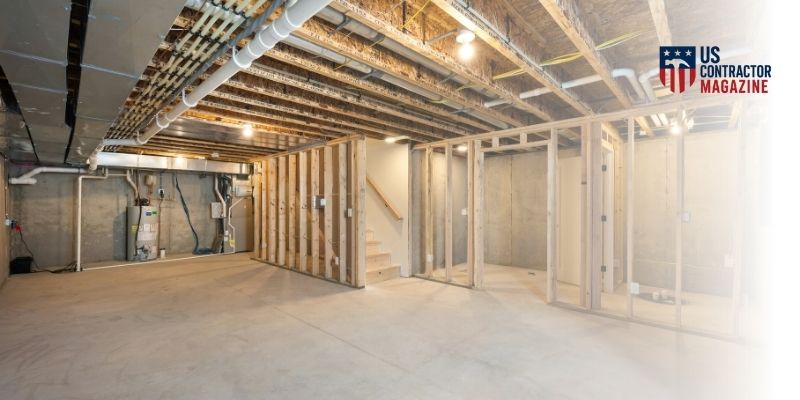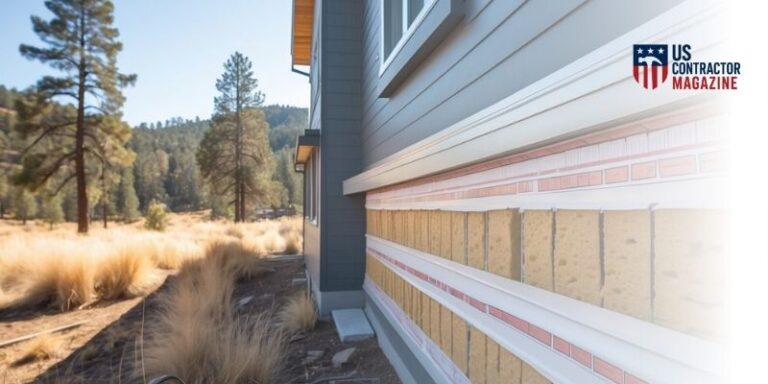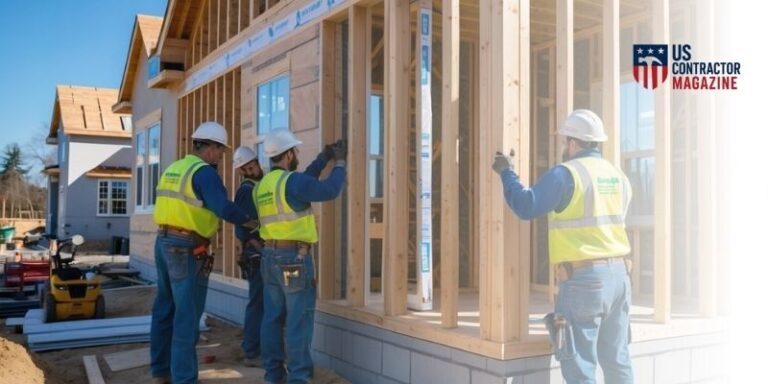
Kyushu University, one of Japan’s leading research institutions, has announced the development of its first-ever insulation retrofit technology designed specifically for existing residential buildings. This breakthrough aims to tackle the pressing issue of energy loss and carbon emissions in Japan’s aging housing stock — a key challenge in the country’s transition to a low-carbon future.
A Novel Solution to an Old Problem
Traditional Japanese homes often lack proper insulation, leading to excessive energy consumption for heating and cooling. While new construction adheres to stricter efficiency codes, retrofitting older homes has remained technically and economically challenging — until now.
The university’s new system offers a lightweight, modular, and easy-to-install insulation solution, optimized for existing structures without requiring extensive demolition or rebuilding.
Key Highlights:
- Kyushu University has developed its first insulation retrofit technology for existing homes.
- The system focuses on minimal invasiveness, allowing fast installation with limited disruption.
- It targets thermal performance improvements while preserving the original structure.
- The technology supports Japan’s national goals for carbon neutrality and energy efficiency.
- Field trials are expected to begin by the end of 2025, in collaboration with construction partners.
Bridging the Retrofit Gap
The innovation stems from interdisciplinary research combining architecture, environmental engineering, and material science. According to the university, the new system can boost insulation performance by up to 40%, drastically cutting heating and cooling energy use in older homes.
Dr. Naoki Takahashi, who led the project, emphasized the technology’s potential: “Retrofitting existing buildings is one of the most cost-effective and scalable ways to reduce carbon emissions. Our solution is engineered to work within the real-world limitations of older housing.”
National and Global Relevance
Japan has over 30 million homes built before modern energy codes were enacted, and a significant percentage of these remain poorly insulated. Retrofitting them is a key pillar in the country’s roadmap to achieve net-zero emissions by 2050.
Kyushu University’s announcement could also have implications beyond Japan. As countries around the world grapple with aging building stock and rising energy demands, modular retrofit technologies are expected to become a global trend in sustainable construction.
Conclusion
With its pioneering retrofit insulation system, Kyushu University is taking a major step toward decarbonizing existing homes. As the world focuses on climate solutions in the built environment, scalable innovations like this could help close the energy efficiency gap — one building at a time.







